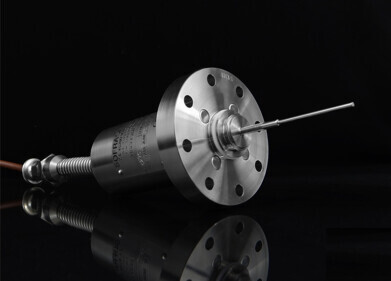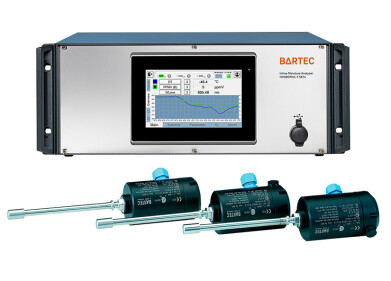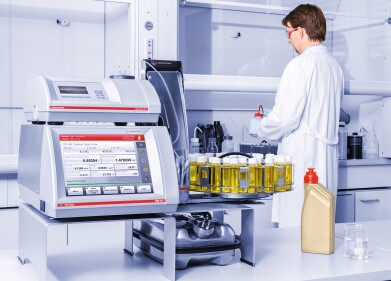Measurement and Testing
When Will Petrol Demand Peak?
Nov 29 2017
It's no secret that the electric car revolution is about to boom. But what does this mean for the oil industry? According to experts, world petrol demand is on track to peak by as early as 2030. The prediction comes from Wood Mackenzie, one of the world's most respected global energy consultancy groups. After factoring in a host of variables, in-house analysts put forward a 13-year timeline.
Governments flex their muscles
Government intervention is one of the biggest drivers, with car manufacturers now being forced to produce fuel efficient models that maximise petrol usage. Furthermore, both the UK and France have recently announced plans to phase out the sale of new petrol and diesel cars by 2040, which will bring the oil market to a grinding halt. China is also flirting with a similar move. As the world's biggest car manufacturer, this could spell the end of the petrol market.
Currently, the world consumers 96 million barrels of oil a day. Of these, 60 million are used for transport. With China, France and the UK now fast-tracking the electric car revolution, the oil industry is in hot water.
“We are becoming increasingly efficient as we use our energy," comments Alan Gelder, a senior analyst at Wood Mackenzie. "So as economies grow we are less reliant on oil, so the significance of oil in the global economy should decline over time."
The advent of electric
Gelder predicts that electric car sales will start to take off in 2025. In fact, he asserts that by 2030 plug-in models will account for 10% of global new car sales. Nations like Japan are fanning the flame, with Toyota recently announcing that it will start to test electric cars from 2020 onwards. As well as battery powered engines its cars will also be armed with artificial intelligence to maximise on road performance.
Of course, the collapse of the global oil market will pose as a major challenge for governments. For example, the UK relies heavily on tax income from fuel duty, which rakes in around £28 billion a year. With oil profits out the picture, it will need to start looking at new ways to fill the gap.
The peak demand timeline may be looming, but that hasn't stopped companies from investing in next generation solutions. Spotlighting the latest solutions from a Texas based manufacturer, 'VUV PIONA+ Improves Accuracy of Hydrocarbon Reporting in Gasoline' highlights the benefits of spectral matching and deconvolution.
Digital Edition
PIN 25.1 Feb/March
March 2024
In This Edition Safety - The technology behind the ION Science Tiger XT - Safety with ammonia and LOHCs as hydrogen carriers Analytical Instrumentation - Discussion on new tribology te...
View all digital editions
Events
Apr 28 2024 Montreal, Quebec, Canada
Apr 30 2024 Birmingham, UK
May 03 2024 Seoul, South Korea
May 05 2024 Seville, Spain
May 06 2024 Riyadh, Saudi Arabia


















